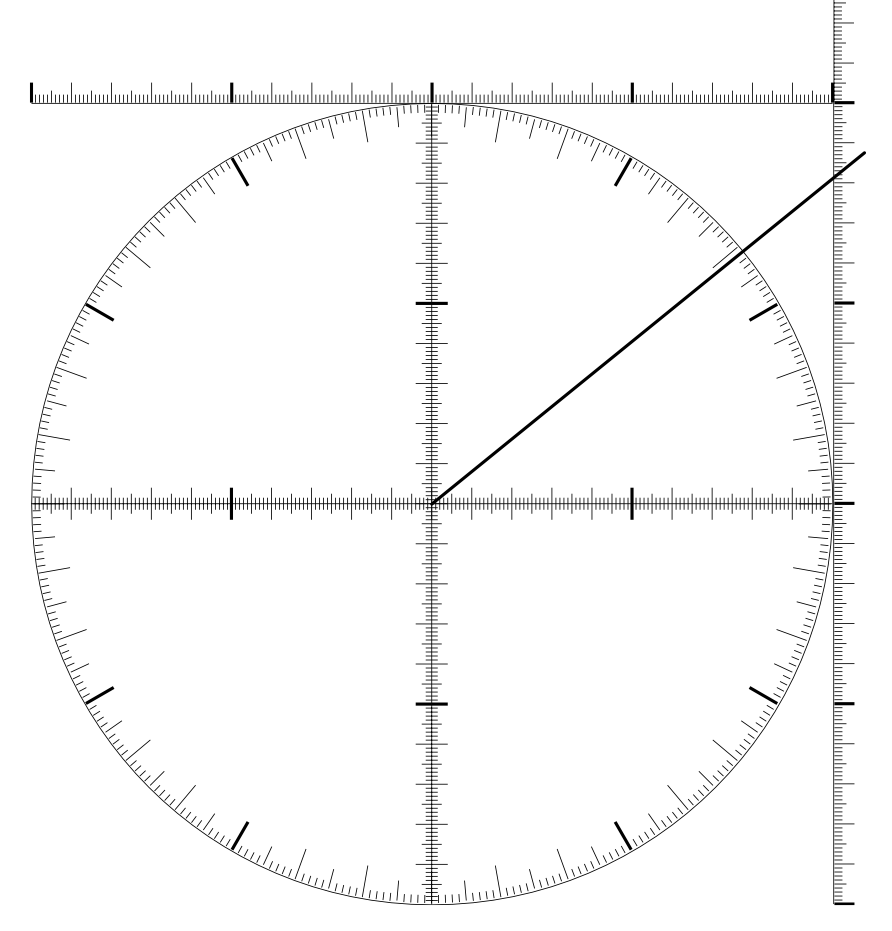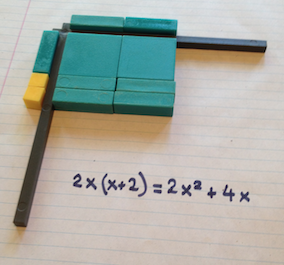Hi all,
Having had various problems with Google's Blogger platform, I decided to move my blog to WordPress. Alas, some graphics and some entire posts failed to materialize. Sort of like when one moves to a new home? Also, many links are broken. Since then, I've spent a lot of time fixing things, which took me away from more interesting work. On the other hand, it's been fun looking at old posts, and seeing how my blog has evolved over the past ten years. (Ten years!) Anyway, if you come across any remaining problems, please notify me.
In some ways, the losses I suffered in the transition are a symptom of a problem with Web 2.0: in exchange for the added convenience of corporations hosting our content, we rely on them and give up some control. My decidedly Web 1.0 site is somewhat inconvenient to maintain, is not optimized for reading on phones, and is all-around not as glitzy as other sites, but at least I'm totally in charge, and do not run the risk of material disappearing!
OK, enough of this digression — on to the newsletter.

PS: I will lead the East Bay Math Teachers’ Circle at Berkeley High on 5 February 2019, 5pm. Geoboard Puzzles and Problems: the geoboard is a great learning environment, but in this session we will use it as an arena for puzzles and problems, some of them unsolved, involving diagonals, triangles, non-triangles, and zigzags! RSVP. Free, including dinner.
Also, scroll down to read about my summer workshop (Visual Algebra, grades 6-9.)
Blog Posts
Here are links to posts on my Math Education Blog that you might find interesting.
If you are so moved, you may comment on the posts, and/or subscribe to the blog.
Photomath and its Implications
Functions from Geometry
I attended excellent presentations on these tech topics at the Asilomar meeting of the California Math Council.
- Photomath is an example of an increasingly common sort of app: it will solve routine math problems automatically, showing every step, sometimes showing alternate solutions and step-by-step ways to check the correctness of the answer.
- Tim Erickson, a master educator and self-described "statistics guy", showed how to collect data from geometric problems, and how to use informal analysis of the data to gain insight into the geometry, plus teach many concepts about graphs and functions.
In this blog post, I summarize those presentations, and respond with my own thoughts.
Story Tables
At the same conference, my presentation about "Reaching the Full Range" consisted of two parts. First, some techniques on how to manage time, given that students learn math at different rates. And then a plug for learning tools: manipulative, electronic, and conceptual tools (such as function diagrams.)
As it turned out, Shira Helft and Taryn Pritchard's workshop that afternoon introduced another powerful tool in the "conceptual" category: the story table. It is a representation of algebraic expressions which has applications to the study of functions throughout high school, and may well be useful in middle school as well. The idea is to use the table format to reveal what happens to the variable on the way to the final output. In other words, for y=|3x+2| you would have columns for x, 3x, 3x+2, and y, following the standard order of operations. This is a hugely powerful learning tool, which Shira and her colleagues use ubiquitously throughout their high school program. I will make sure to tell everyone I know when they make their work available to the rest of us! Meanwhile, read a little about it in this blog post, where I also discuss the general question of learning tool selection.

Teaching Trig
The 10-cm circle is another conceptual tool. It can be used to introduce basic trigonometry early on, by building on what students already know, and by offering a striking and hard-to-forget approach to that work. Read about it here. (It is part of Geometry Labs, and also exists as a geoboard.)
MathEducation.page
New-ish on my Web site.
- A conic sections homepage: links to the geometry of the parabola and ellipse, 2D and 3D, and more.
- Errata: downloadable corrected pages for the Lab Gear books.
- My résumé: updated.
- Soccer Angles: I added interactive GeoGebra applets to this page, which is an extension of the low-tech lab with the same name in Geometry Labs. Suitable for geometry and precalculus.
- Summer Workshops: updated for 2019 (see below).
